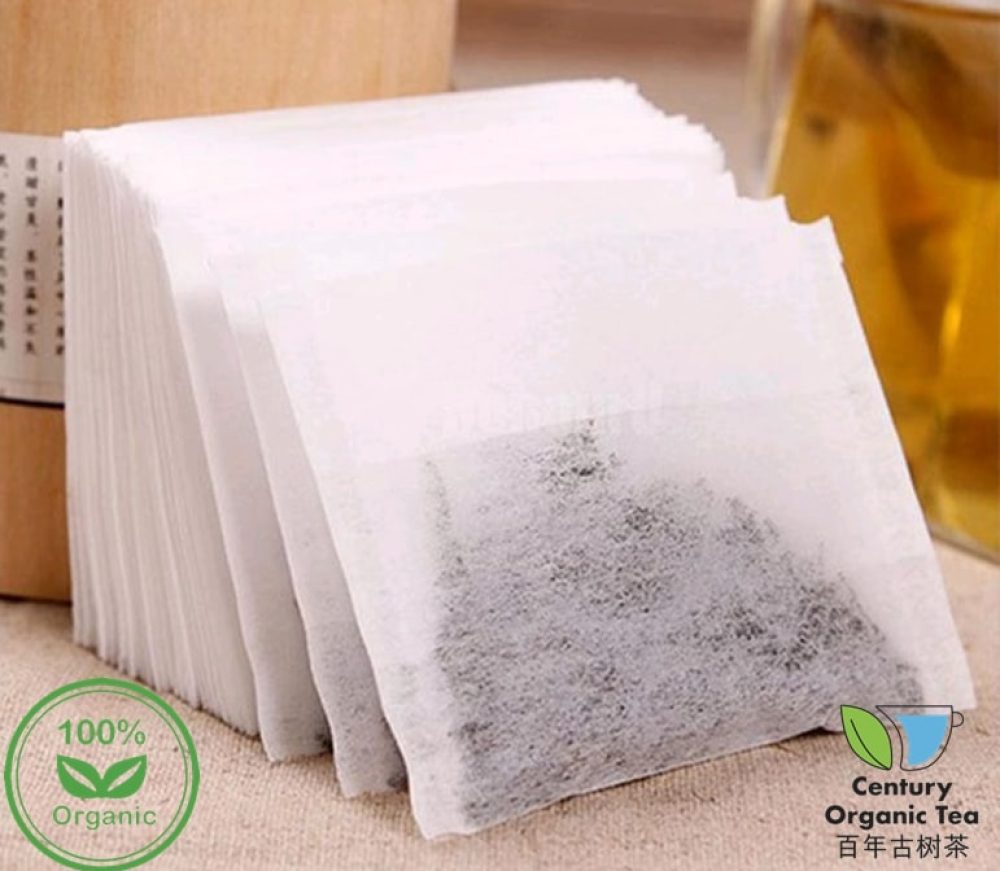In the tapestry of beverage choices, the increase in Century Old Wild Tea sales shows a shift over conventional tea, reflecting a conscious and health-driven movement. This is not merely a passing trend; it is a strong dedication to health, sustainability, and a relationship with the environment. Let’s explore the reasons that are contributing to the growth of century-old wild tea sales.

1. Health-conscious choice:
- Free from Chemical Residues: Century old wild tea sale is increasing and becoming more and more popular because it is grown without the use of artificial fertilizers or pesticides. Consumers are increasingly concerned about the potential health risks associated with chemical residues in conventional tea, making the switch to organic a natural choice for those prioritizing wellness.
- Environmental Preservation: Effective Farming Practices Organic tea plantations frequently use ecologically friendly and sustainable farming techniques. These methods lessen the ecological impact connected with tea production, save biodiversity, and improve the health of the soil. Choosing organic food is a declaration of support for regenerative agriculture and environmental sustainability.
Authenticity and purity:
Real Tea Essence: When organic tea is grown in its native environment, it usually requires less processing. This allows the true essence of the tea leaves to shine through, delivering a more authentic and nuanced flavor profile. Consumers appreciate the purity and unadulterated taste that organic tea offers.

Richer in antioxidants:
- health-promoting compounds: Organic tea tends to contain higher concentrations of antioxidants, which are organic substances that are vital for promoting health. Because no artificial chemicals are used throughout the growing process, these antioxidants are able to thrive and give customers a beverage that is not only delicious but also beneficial to their general health.
Genetic Integrity Assurance of Non-GMO: Customers may be certain that organic tea is non-GMO. This means that the genetic makeup of the tea plant remains untouched by genetic modification, aligning with the preferences of individuals who seek food and beverages in their most natural and unaltered state.
Social Responsibility and Ethics: Many organic tea producers adhere to fair trade principles. This promise guarantees fair compensation, decent working conditions, and ethical treatment for tea plantation workers. By making the organic choice, customers actively encourage ethical behavior in the tea business and promote moral work practices. In essence, the increase in Century old wild tea sale is considered an investment in personal health, environmental conservation, and a commitment to ethical values by consumers. The embrace of organic tea signifies a substantial and long-lasting push towards a healthier, more sustainable, and socially responsible lifestyle. If you are looking to buy the best-quality century-old wild tea, then visit https://remedy4eye.com/.
